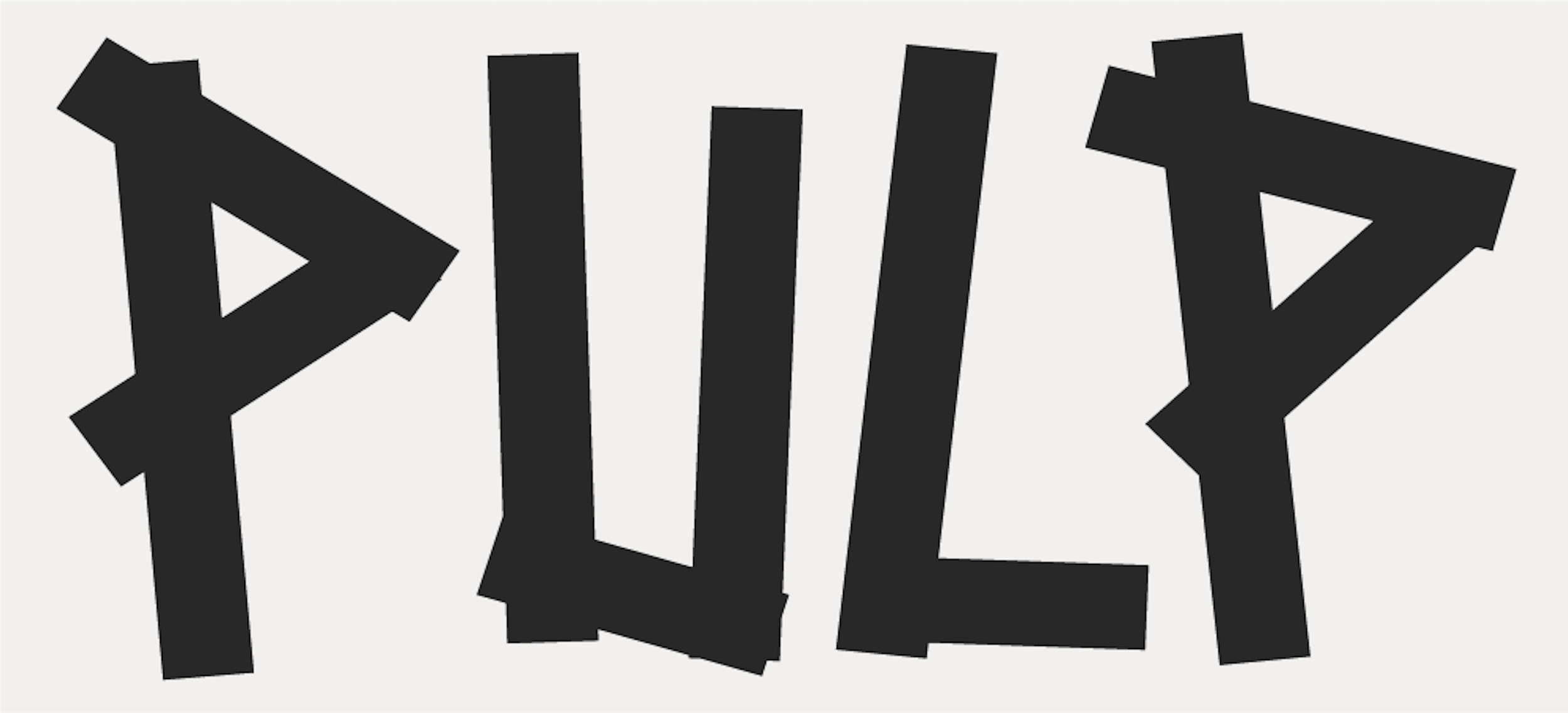Collateral Violence
My stepmother is accomplished, kind and beautiful. She studied at a good university and she now mentors young girls at the high school she attended in my home town. My stepmother is a feminist, well read, charismatic and intelligent. She contributes to her community, sitting on boards for women’s advancement and disability rights. My stepmother is a good mother to her 4 children, my siblings. My stepmother also abused me for most of my childhood.
The abuse was varied and unpredictable; almost always psychological, though there were times when she would act out physically. My stepmother would refuse to acknowledge my presence for periods up to six months. These are the times that have hurt me the most. Once, she threw me against a wall and held me there by my neck whilst my brothers and their cousins screamed. She took a carving knife to a family portrait and attempted to cut my image from it. She stole my things. She threw my coffee machine in a compost heap, to be found three weeks later by a bewildered gardener.
By the end of my high school years she was practised in her craft: when my youngest sister was born I was forced out of my home, going long periods without seeing my brothers or father. By this point she was skilled enough to conduct long distance abuse, alienating me from my family through several degrees of separation. I doubt I saw my siblings on more than twenty occasions in my final two years of high school. When I returned home for the first time after I moved to Sydney I did not know if my youngest sister would know who I was.
It may seem strange that I can praise aspects of my stepmother’s character and label her an abuser in one paragraph. I say these things not only because they are true, but also because these are the things that I was told when I tried to get help.These are things that were told to me by my friends, teachers, family members, people that she worked with, that knew me from when I was a small girl, and once by my own father. The sheer breadth of people that knew, that would openly discuss her in the context of the actions that she committed (but would shy away from doing anything about it) is something that is still beyond my comprehension.
Except, sometimes I can comprehend it. There were times that she could be terribly kind. She taught me how to make bechamel sauce and encouraged my love of art and literature. She could make me laugh. On one of the few family holidays that she permitted me to attend she bought me my first charm bracelet. I sold it two years ago.
These small acts of kindness do not excuse nine years of abuse and neither does her theoretically ‘good’ character. With a level of removal from my situation I can understand why those around me were never compelled to condemn my stepmother, but that does not mean I can accept it. It’s something that I see still: abusers that are never condemned as such because they are charming, because they do good things and hold good politics. Their acts are always minimised by those around them, either in isolation or in comparison to the good things they do or the good morals that they hold. This pattern of willful ignorance is seen in the media, in celebrity culture, every day in my own social circles. Woody Allen is alleged to have molested his daughter, yet still has a celebrated career in the film industry. Casey Affleck recently won an oscar, despite numerous assault allegations. I have appreciated the works of Gauguin, though he is thought to have raped his models. Even recently on campus I see people that are known to have done terrible things elevated by their peers, even by those that are aware of their transgressions. Those that I see supporting known abusers are those that share articles and attend rallies and have strong, arguably feminist, beliefs and morals. Ultimately their morals mean nothing if they fail to translate them into action, into actually supporting survivors in a meaningful way.
I would never find the bystanders in my situation as guilty of abuse as I do my stepmother, but I won’t deny the part they played in my upbringing. I can never truly say what might have happened if someone had stepped in, had refused to support her or condemned her actions publicly but I do think that those lonely, terrible years might have been a little different. Those that are unwilling to admit that their friends can do unfriendly things ultimately perpetuate the cycle of abuse. In my case, they still do.
